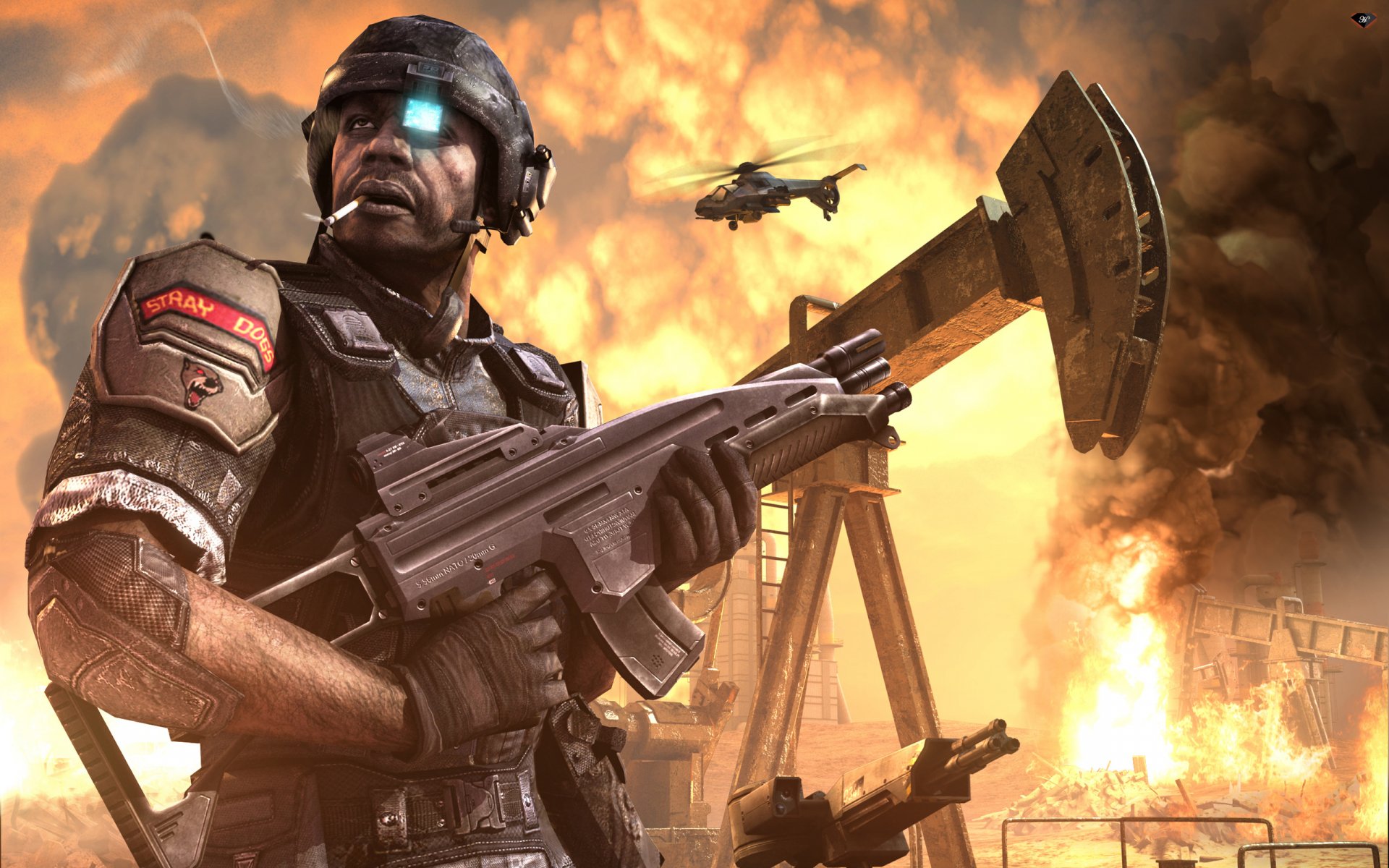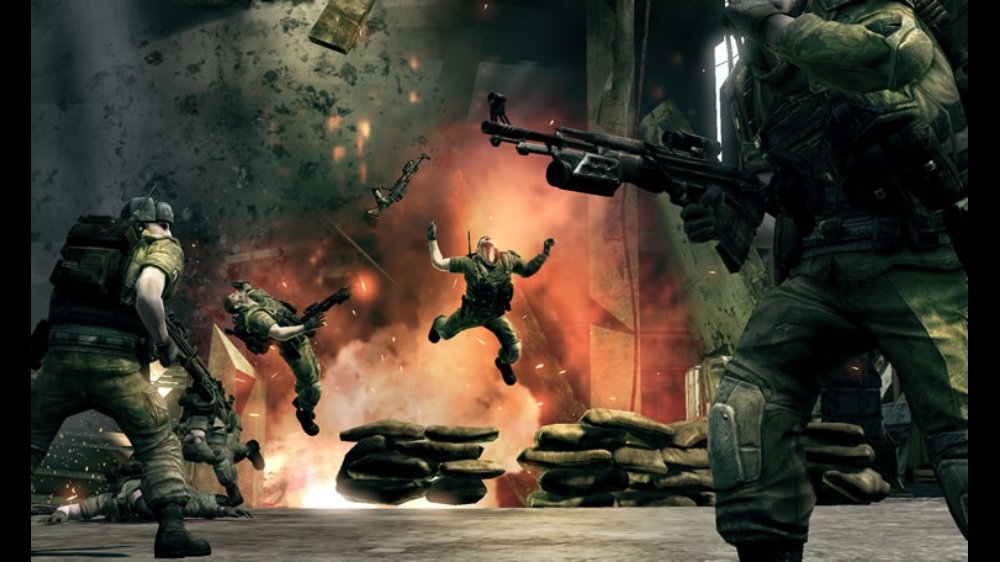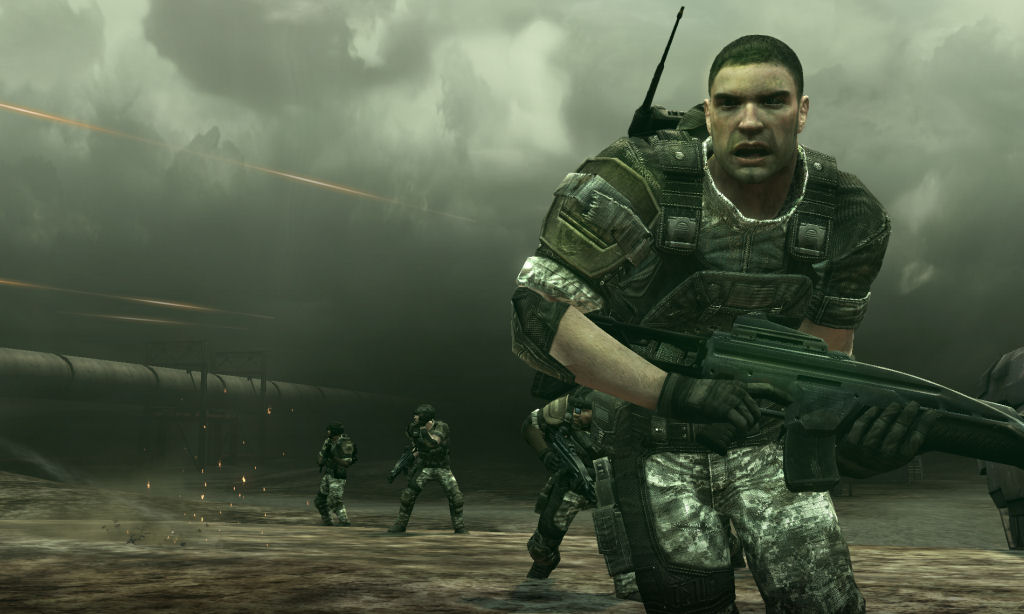
With the window that opens, there’s a chance for a breath of fresh air and light, but also for high-tech alarm systems and closed shutters. What will it take for this feeling of vulnerability to translate into collective rather than individual care and self-defense? And can it translate into a subjectivity that understands itself as part of more than just human collectivity, so that our human lives may continue in their interdependency on nonhuman others? We know it won’t necessarily be open for long. There’s a window that’s been opened by the current social recognition of vulnerability – a window of opportunity, we sense. From that viewpoint, we observe the current moment with attention. (Eco)Feminists, ecologists, pacifists, scientists, indigenous people, and many others have long fought for a global recognition of interdependence, for a politics of interdependence and care, so that lives can be valued in their co-dependency and paths of extractivism and wastage abandoned. This realization of radical interconnectedness and vulnerability takes us into more-than-human struggles, last but not least redefining notions of collectivity.


Over here in Europe, it’s still about grasping precarity as vital reality, and Fordism and the welfare state as exception. Indigenous and subaltern people knew that all along. Again, we’re late to this lesson in the rich industrialized countries, having forgotten our vulnerability during that spectacular colonial-capitalist historical intermezzo we may call modernity. We sense that our lives and livelihoods are vulnerable, that death is always possibly near, that we need to take care as earthcare.
#Frontlmes fyels of war for free#
All this requires social struggles: collective refusal to pay energy, campaigns for free public transport, and of course the many ongoing community struggles against toxicity, displacement, and extractivism.Īt the same time, some of us come to grasp that this critical moment is a matter not just of our human lives, but that we’re entangled and interdependent with all living beings and ecosystems.

Those planetary boundaries are always mediated through our management and understanding of ‘resources’ – or preferably of commons. An ironic way to encounter material limits, but then did we really think people would grapple with planetary boundaries in an unmediated or abstract way rather than as ‘resource crisis’? The increasing barriers to driving a car (due to high fuel prices rather than climate action) bring home ‘downward mobility’ in a painful way to many. The scramble for a seat in the first-class section of the planet is intensifying, and it’s becoming clear to working and middle classes in wealthy countries that they too will be left unprotected – with less energy, with reduced mobility, in poverty.

This creeping realization is a big deal in terms of socio-political subjectivity and our capacity to relate and act. Even if we’re not being sacrificed, we can still be part of collateral damage in the class war that’s ruining our common world. One part of this is the realization of our affectedness as ‘safe’ populations. What people in the Global South have long known to be real is now beginning to affect broad populations in the Global North, causing a shake-up in how we relate to the question of care. Just as pandemic recovery was meant to bring normalization, we feel how a new war causes major tensions and shortages (in Europe but also Africa and beyond) we hear talk of nuclear weapons and see nuclear power plants under bombardment we stand by dried up rivers (in Europe most recently) we witness new magnitiudes of wildfires, drought, and floods. War, hunger, disaster, extinction, and racist-fascist violence are taking lives, while poverty, extractivism, toxicity, and sacrifice chip away on livelihoods and communities. Ecological (entailing not just climate breakdown but many planetary boundaries) and social crises are today articulating with energetic, economic, and geopolitical crises in increasingly life-threatening ways.


 0 kommentar(er)
0 kommentar(er)
